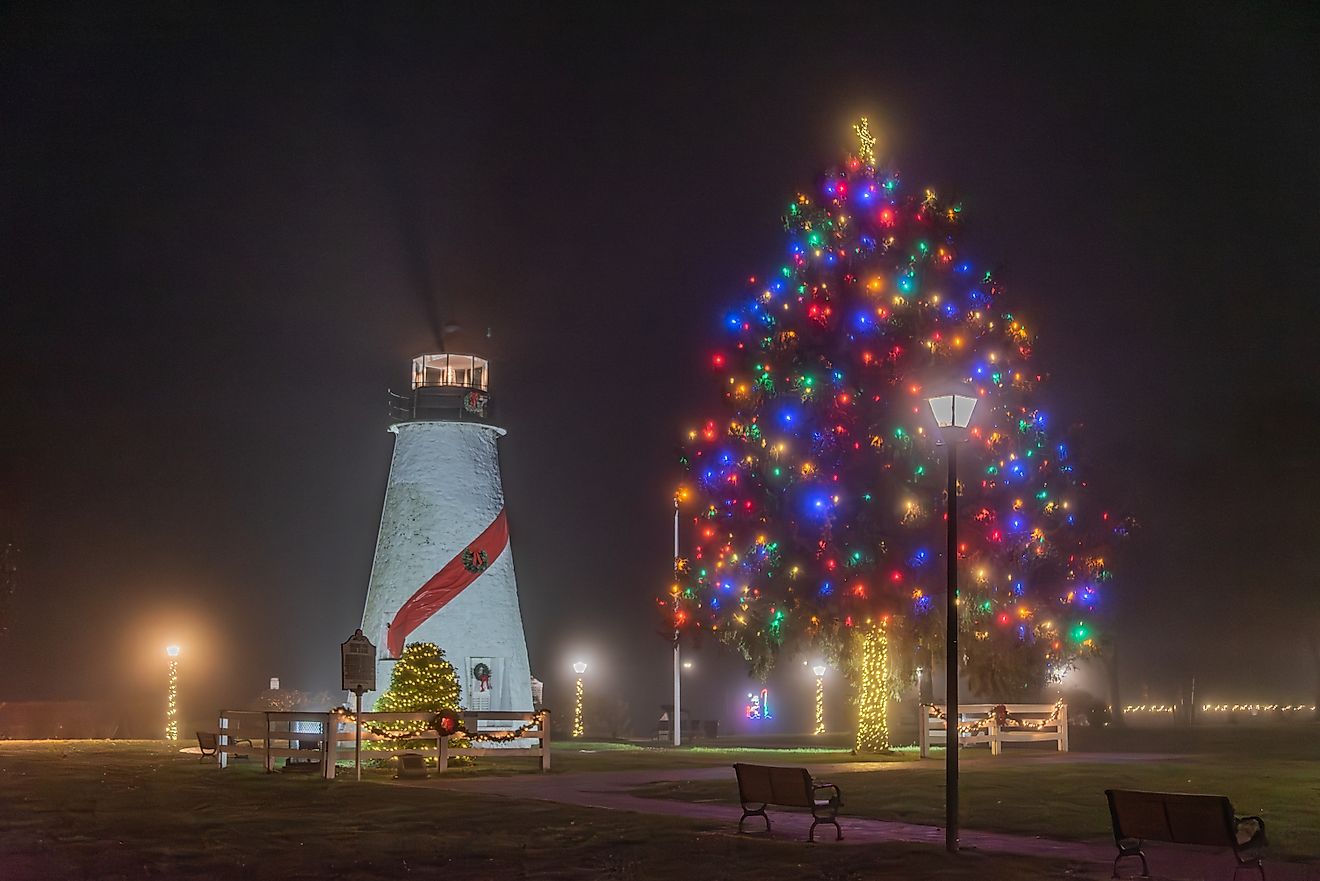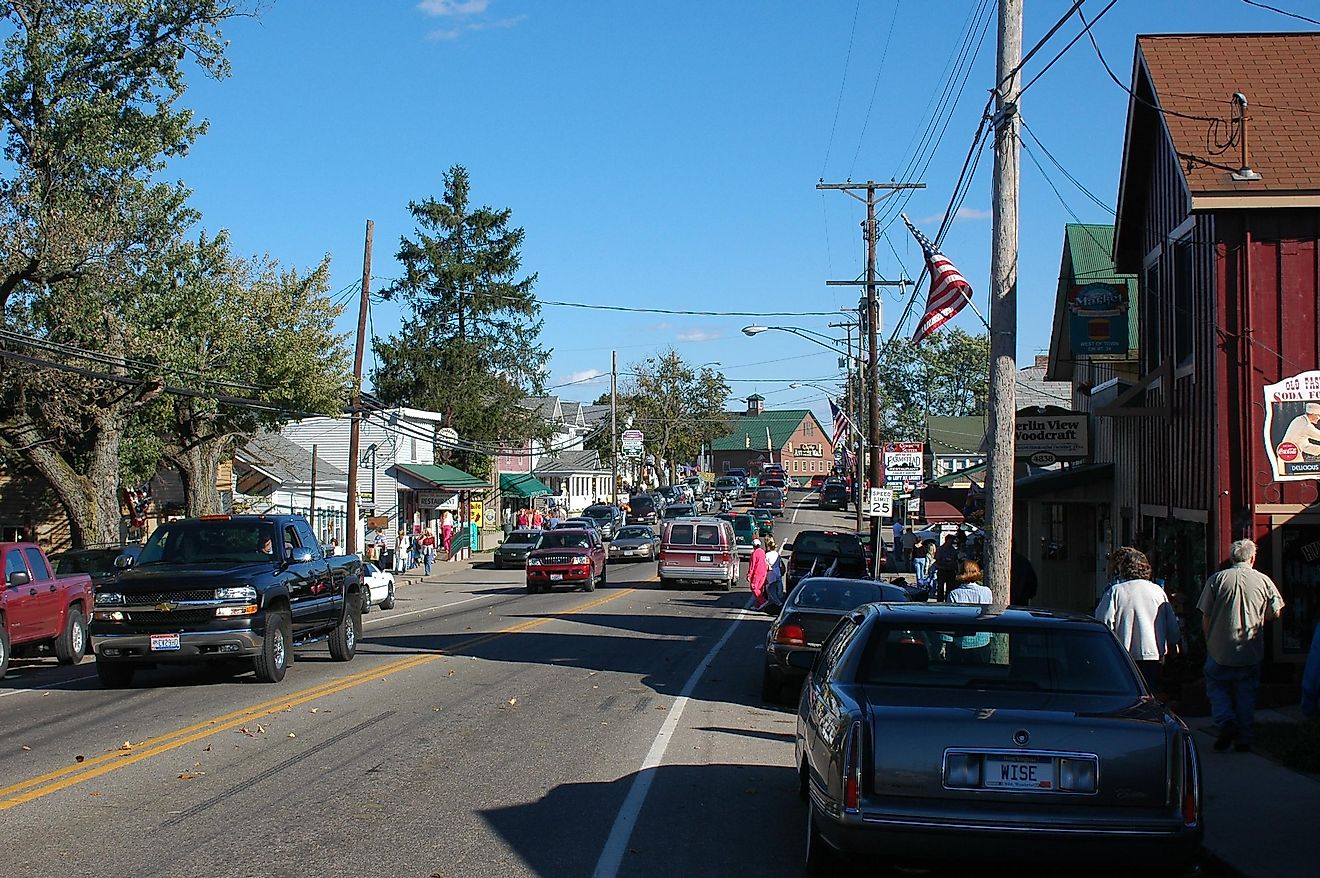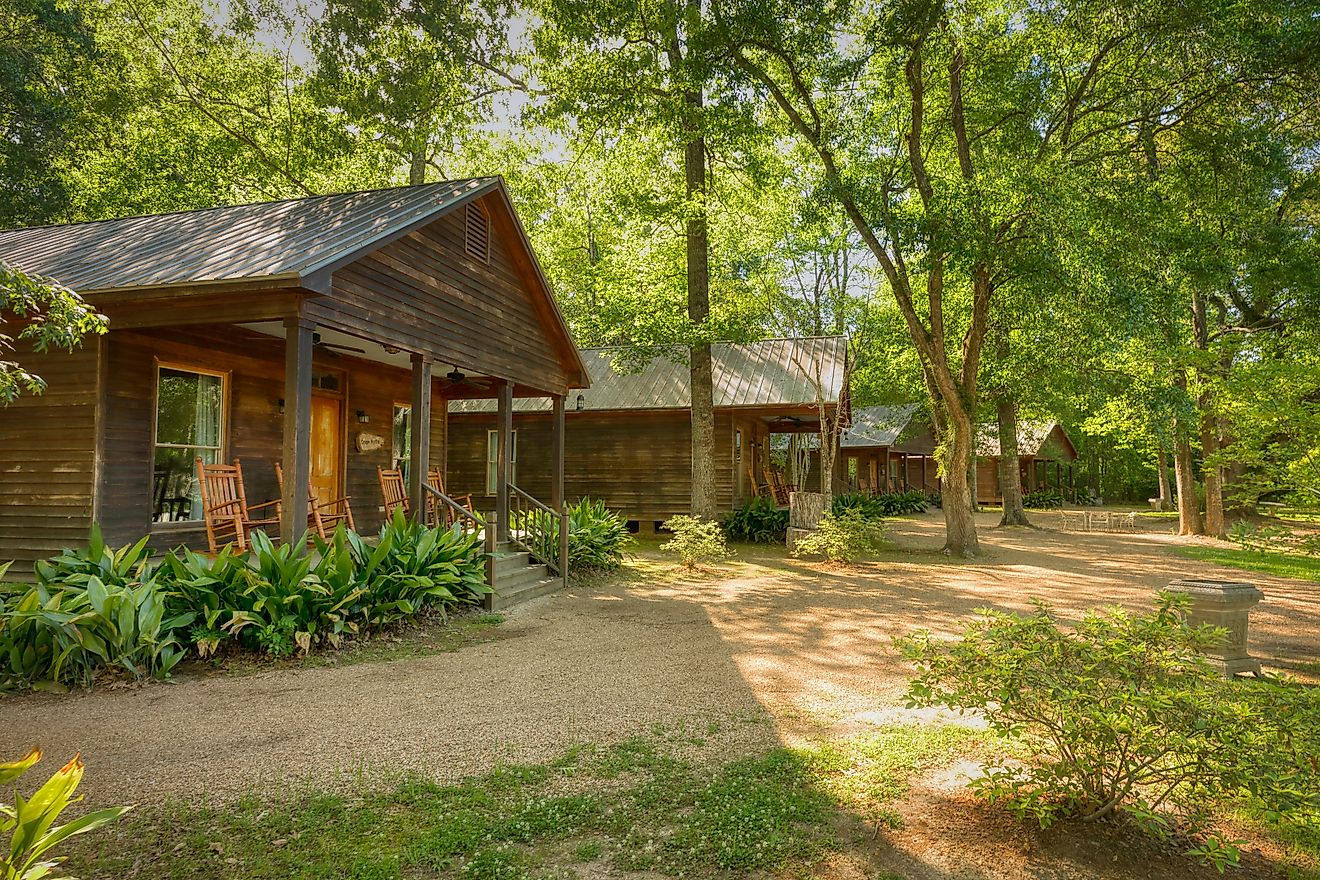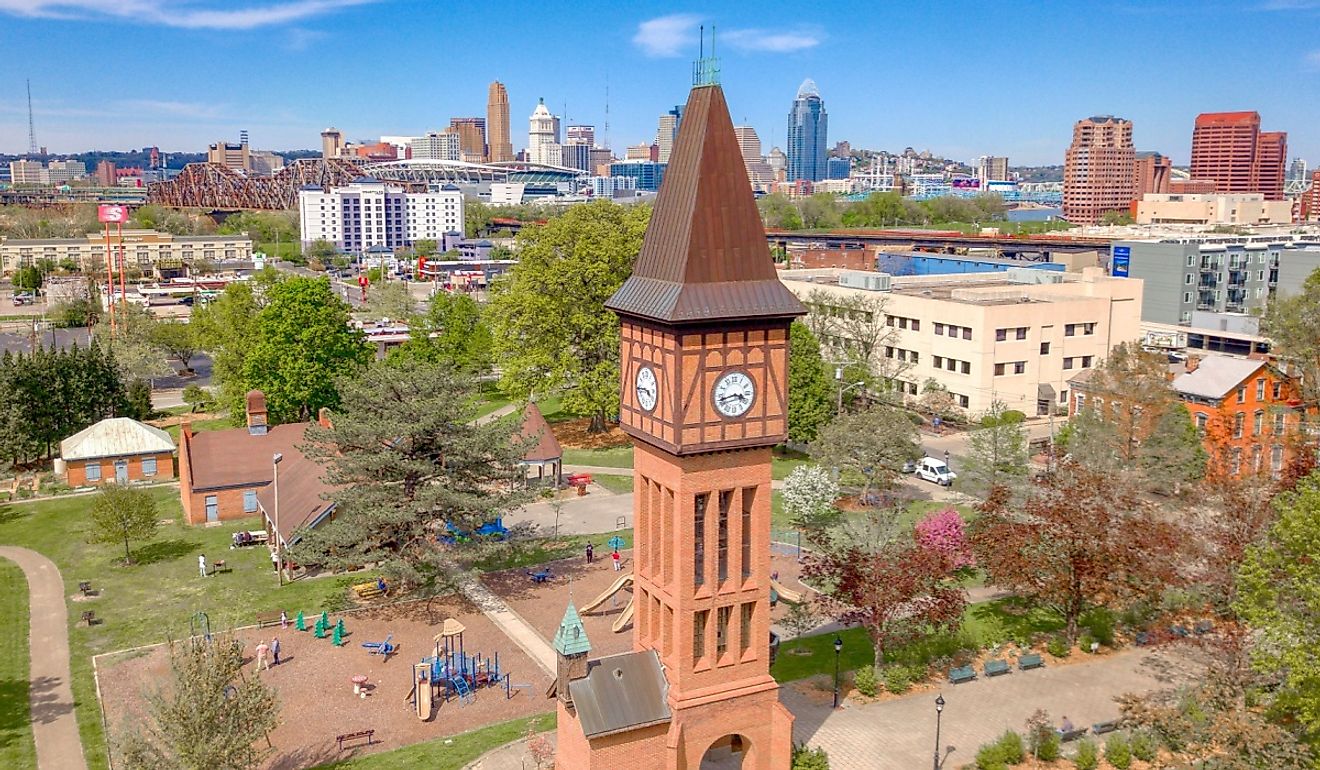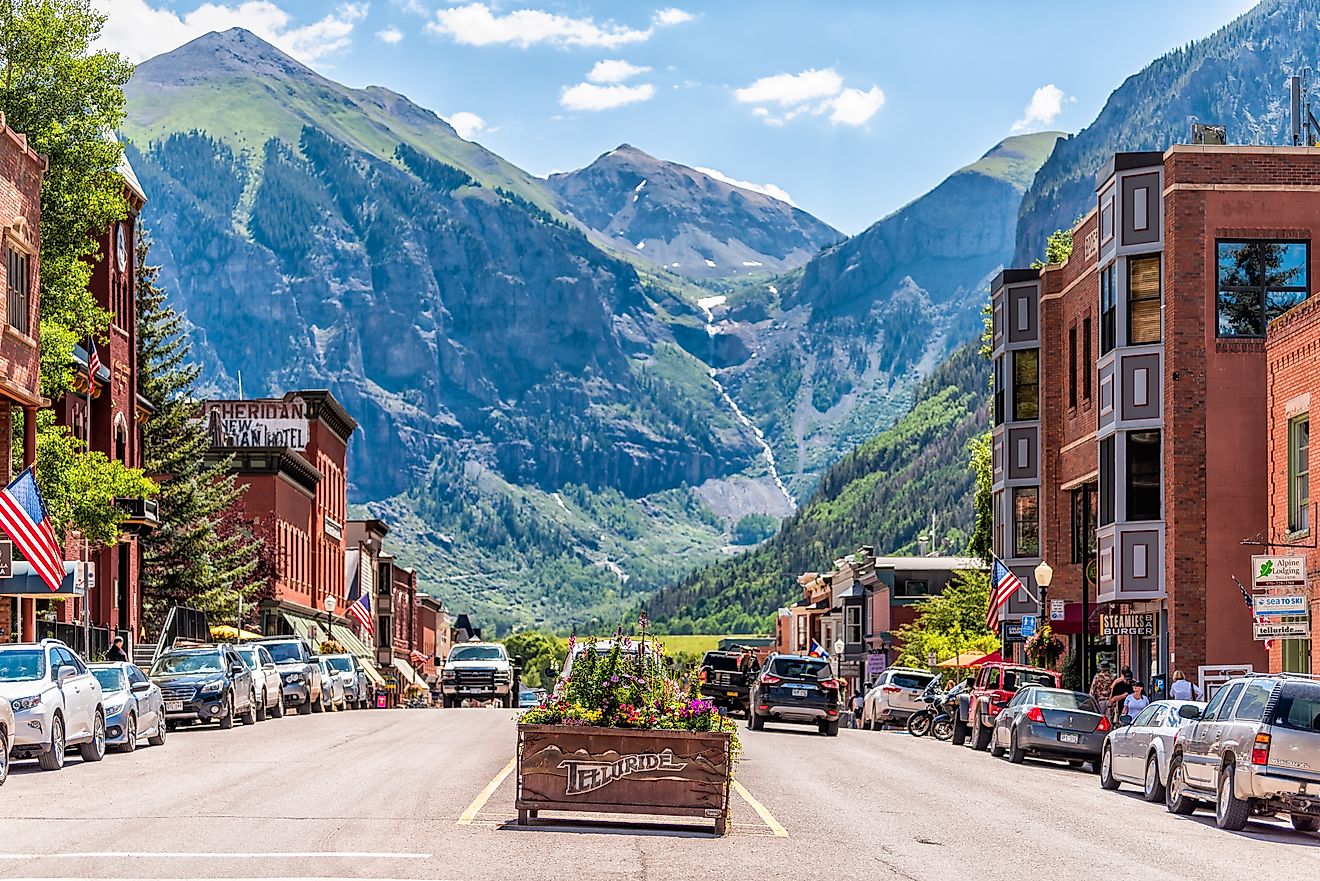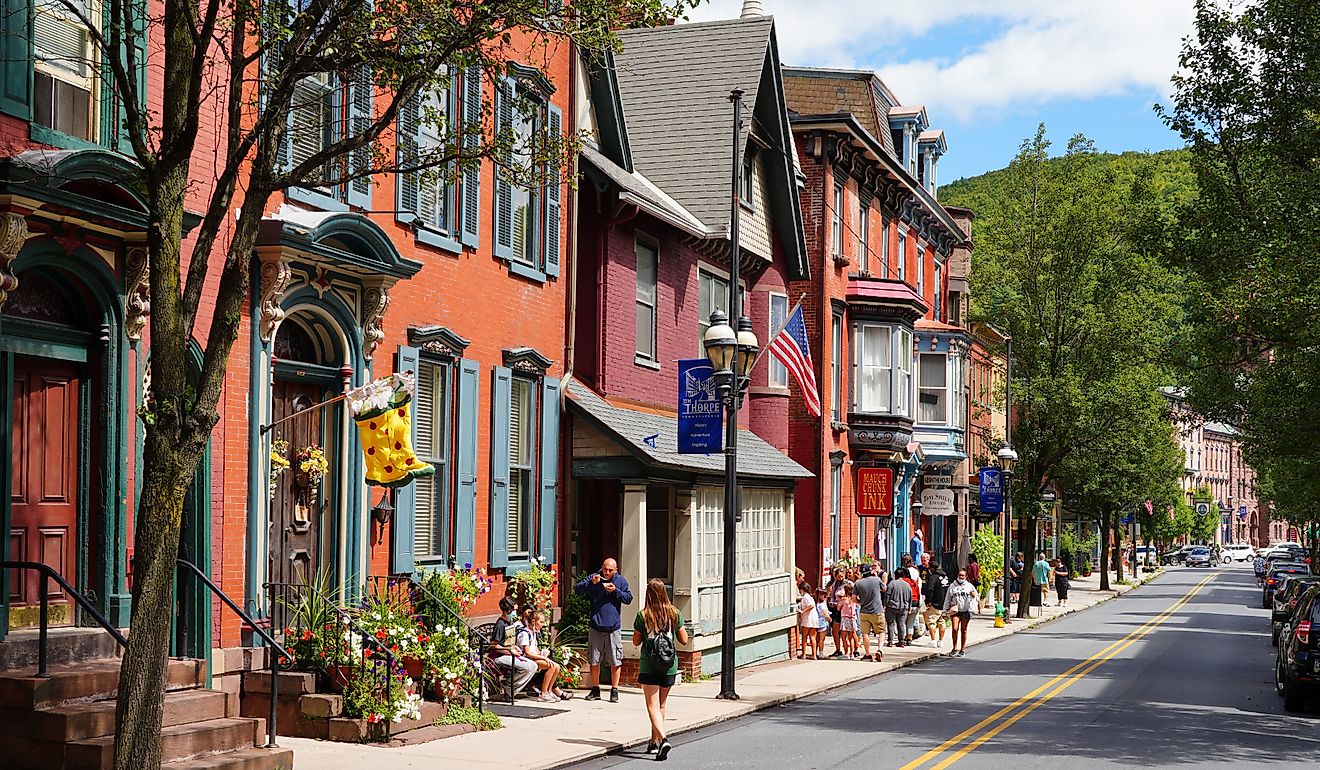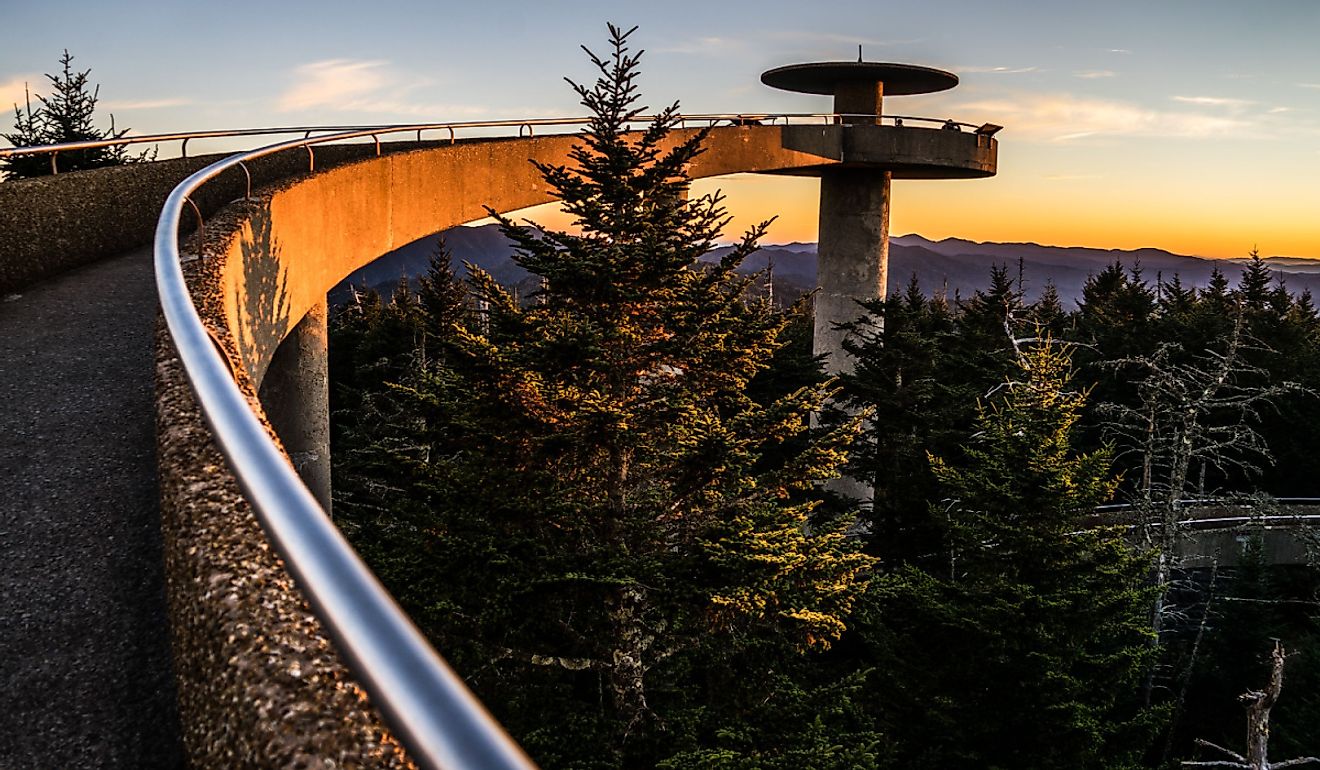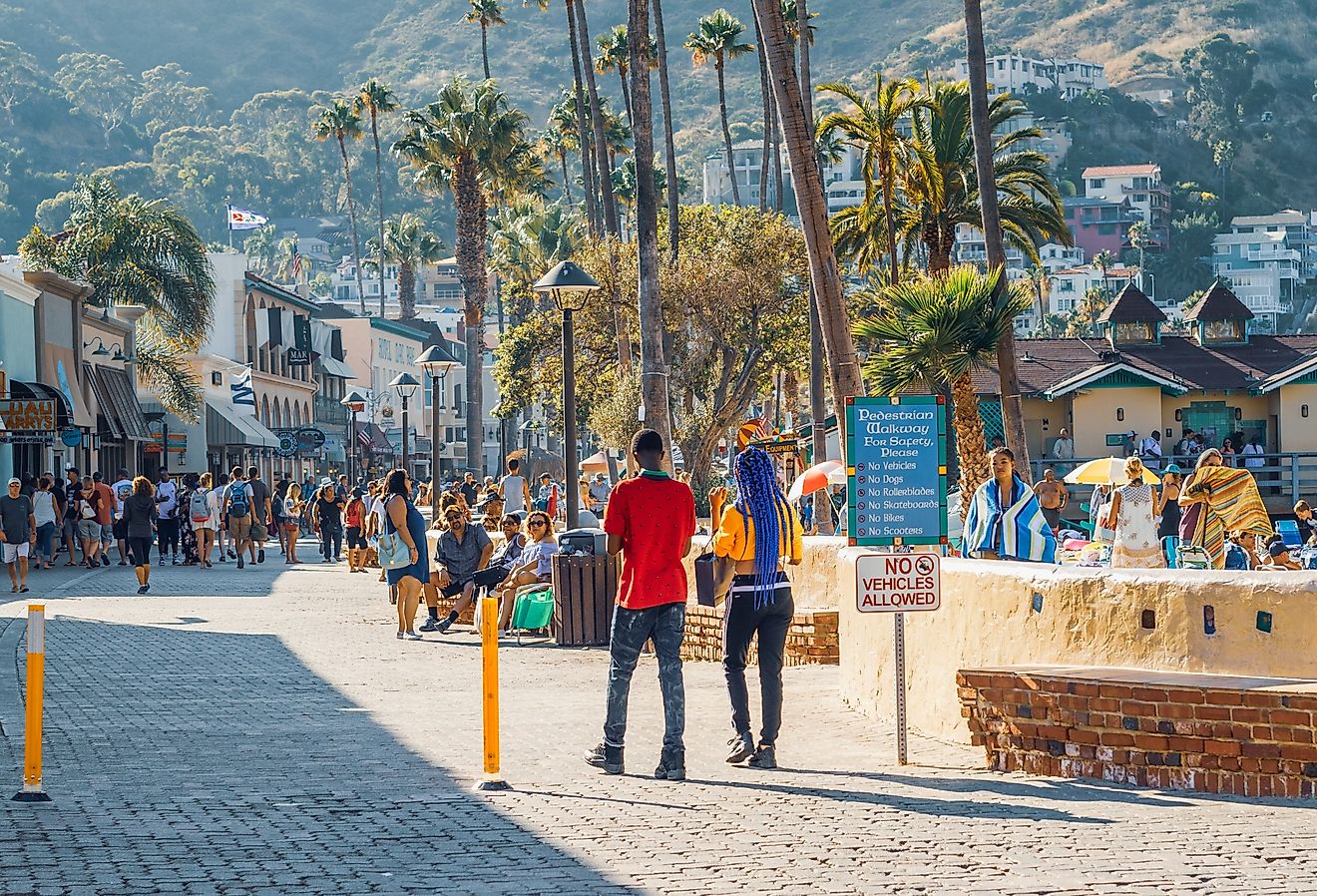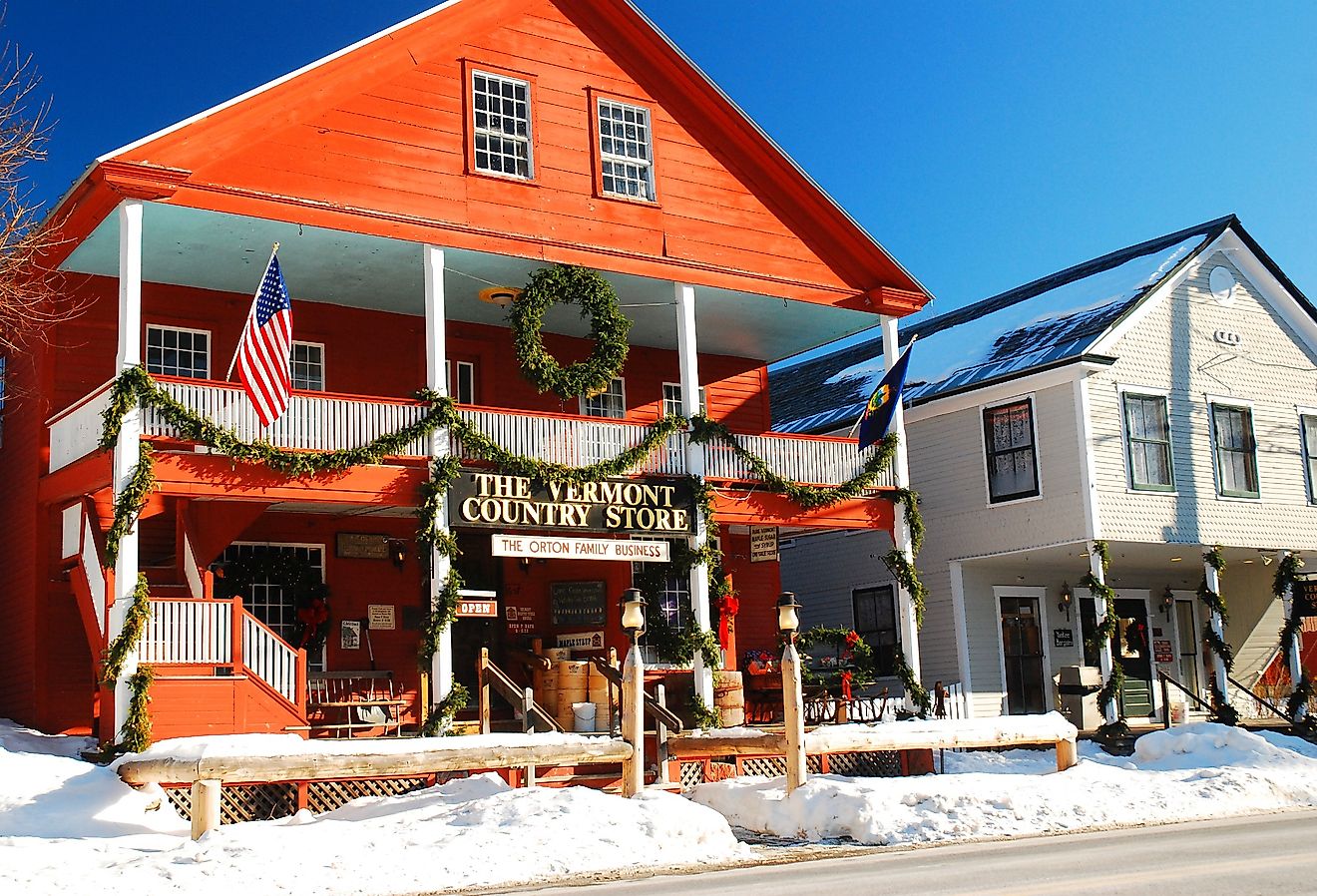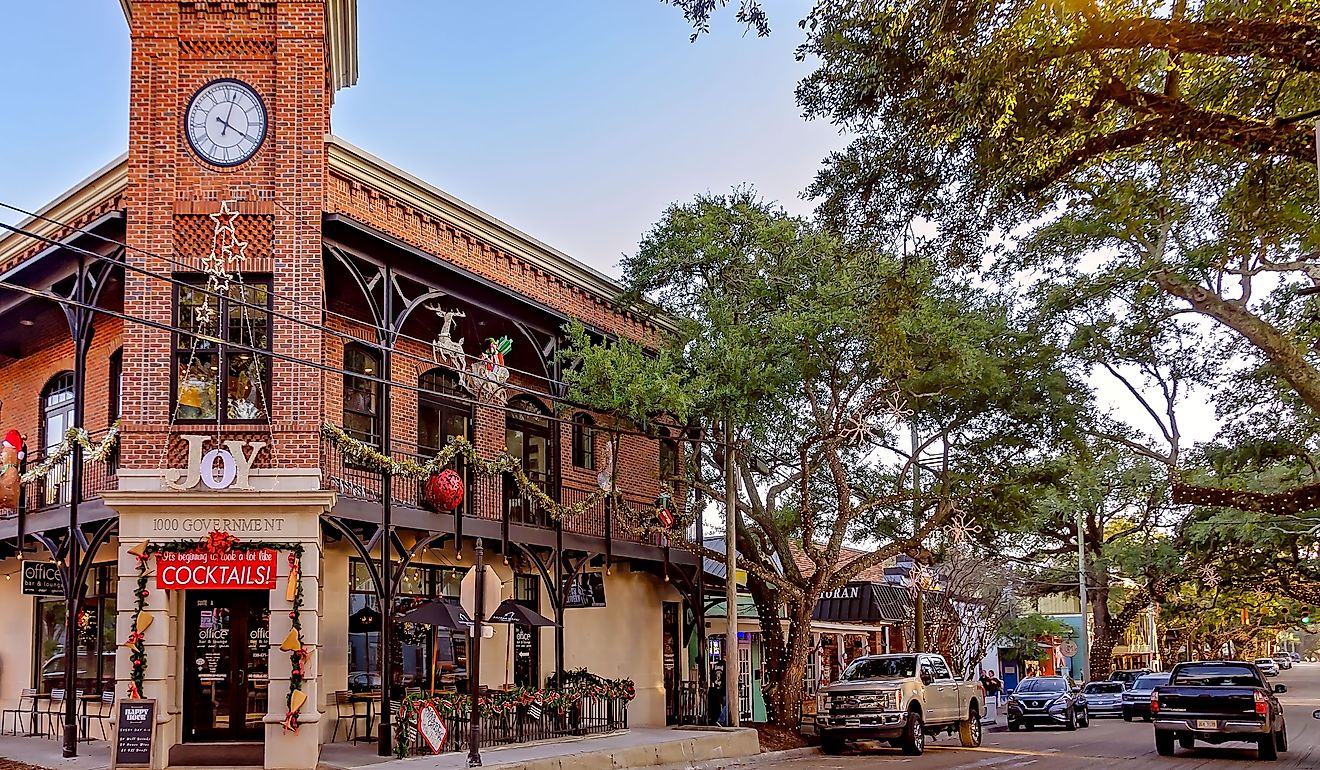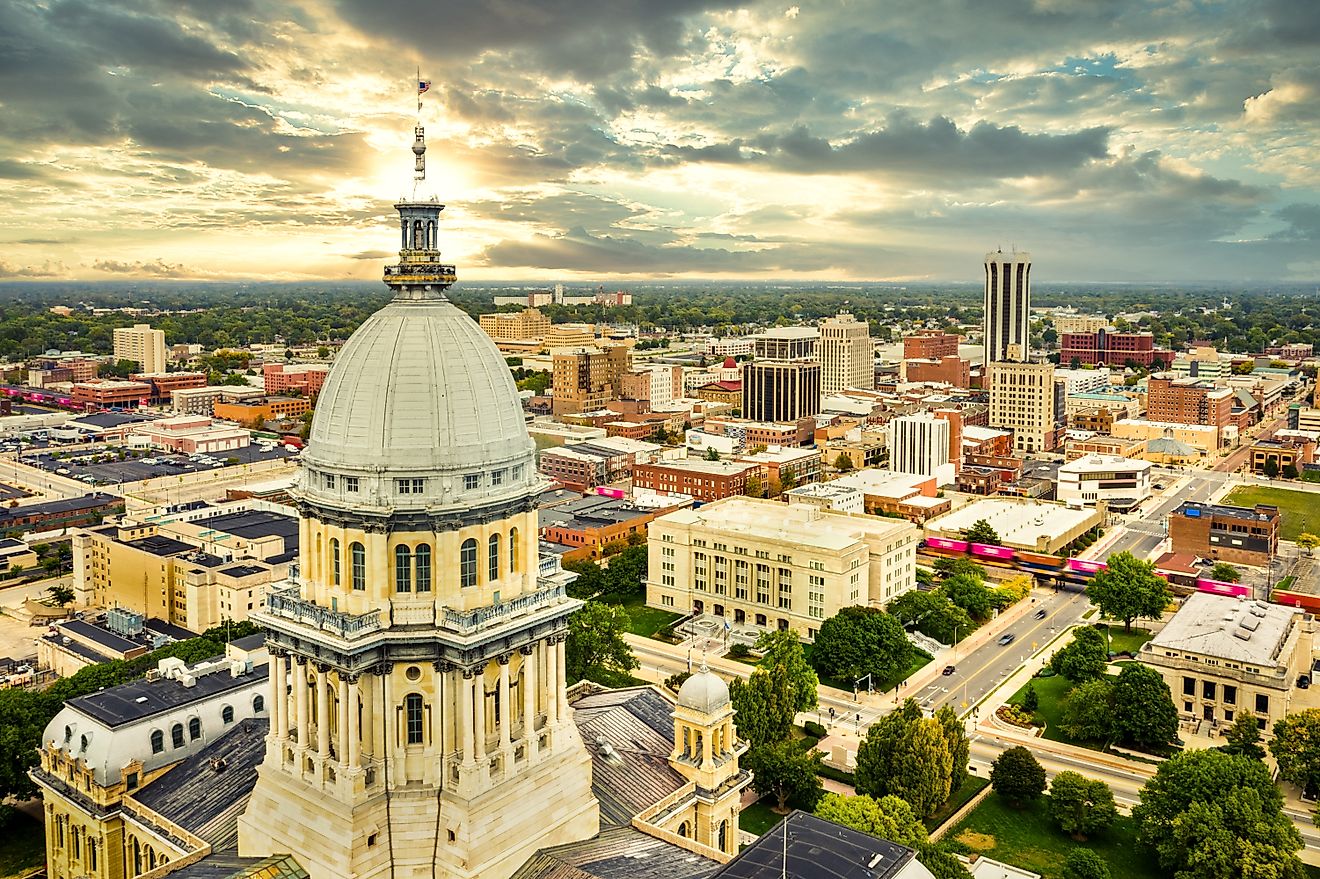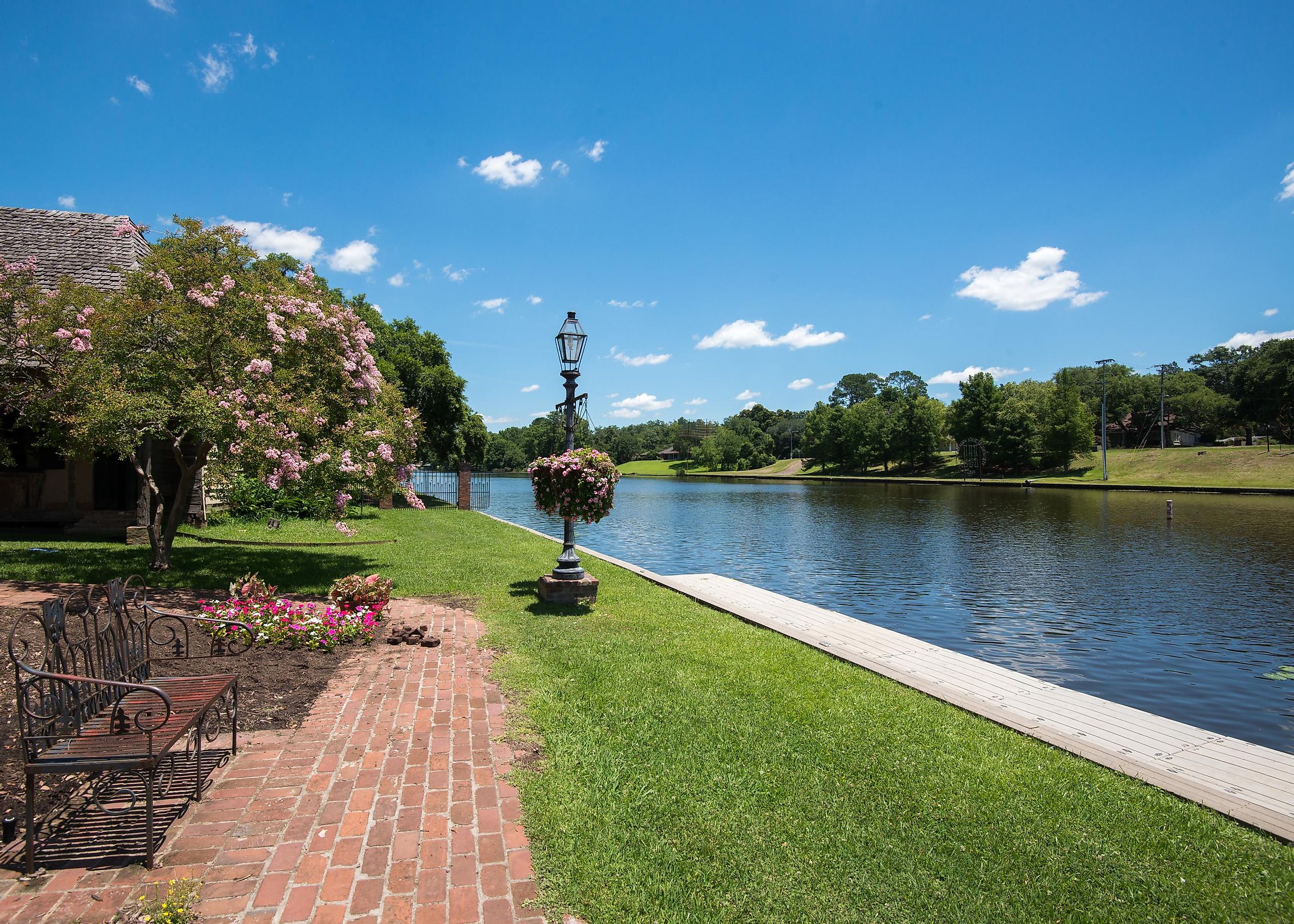
6 Most Idyllic Small Towns In Louisiana
Louisiana is best known for its rollicking big city, New Orleans, but hundreds of small towns dot its varied landscape of prairies, hills, forests, Mississippi River delta, and bayous along the Gulf of Mexico. Due to the state’s unique mix of French, Spanish, English, African, Caribbean, Native American, and other cultural influences, seemingly every small town in Louisiana has a distinctive look and feel. Check out our list of six of Louisiana’s most idyllic small towns to get you started on your tour of the “Pelican State.”
Natchitoches

Natchitoches (pronounced Nack-a-tish) claims the dual titles of oldest city in Louisiana and oldest European settlement in the huge territory acquired in the Louisiana Purchase of 1803. Beautifully perched along the Red River, this parish (county) seat of about 18,000 residents has a famous Historic District that spans 33 blocks of architectural gems that now house antique shops, eateries, bed-and-breakfasts, private homes, and more. After a postcard-pretty walking tour of downtown, head downriver to Magnolia Plantation and Oakland Plantation, which explore life in both the stately plantation houses and the ramshackle slave quarters.
New Iberia

New Iberia, a town of 28,000 along Bayou Teche, is a good representation of Louisiana’s diverse cultural influences. Founded by Spaniards in 1779, New Iberia has been shaped by generations of French Acadian (Cajun), African American, Native American, and Anglo-American residents. Check out the Bayou Teche Museum to get a primer on New Iberia’s distinctive history and culture. From there, do some shopping and sightseeing in a downtown that was named a “Great American Main Street” in 2005. If you enjoy lively community festivals, come in late spring for New Iberia’s Mardi Gras celebration or in October for the World Championship Gumbo Cookoff.
St. Francisville
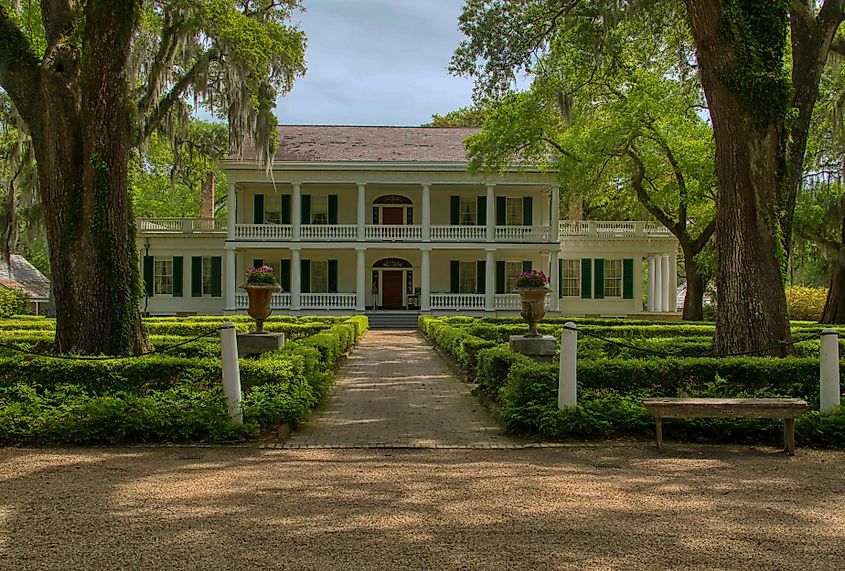
St. Francisville overlooks the Mississippi River from a long, narrow ridge, earning its reputation as "the town that is two miles long and two yards wide." Along with offering fantastic vistas of the mighty river, this town of about 1,600 residents has a lovely downtown with numerous Victorian-era and earlier buildings. Historic highlights include the old Julius Freyhan High School and Temple Sinai, the latter representing St. Francisville’s long history of Jewish settlement. After shopping at hotspots like District Mercantile and Backwoods Gallery, enjoy a meal at Audubon Cafe or Restaurant 1796 before checking out the replica vintage steamboats docked along the river.
Abita Springs
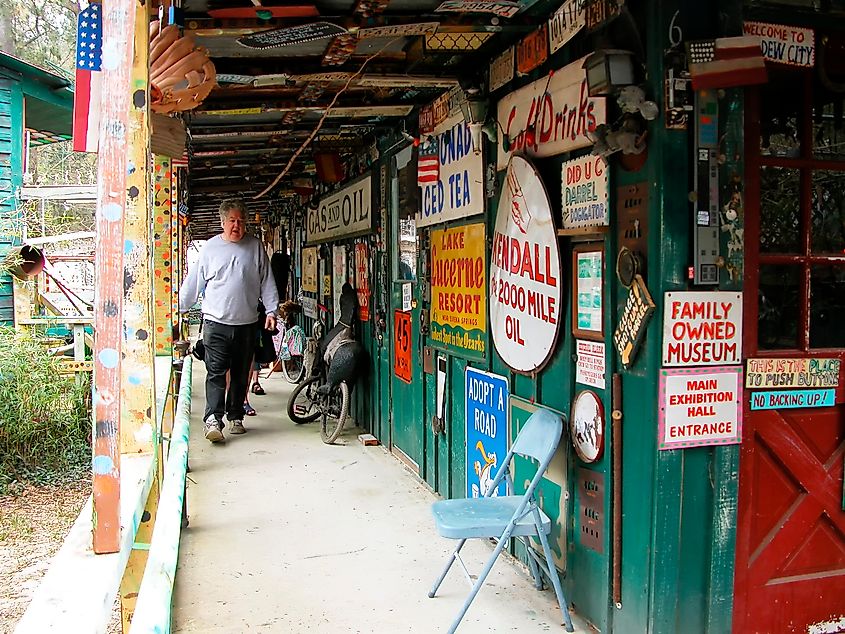
Legend says that the name Abita Springs derives from a Choctaw word for the mineral springs in this part of modern-day St. Tammany Parish, now part of the greater New Orleans metro area. Abita Springs was a popular spa resort in the late 1800s for city residents seeking fresh air and healing waters, and several of the Victorian-era health resorts and vacation homes remain to this day. Visitors still flock to this town of 2,500 to escape city life for a day or two, but now come to enjoy local craft beers, eclectic shops like the Abita Mystery House, and fun community events like the Abita Springs Opry and the weekly art and farmer’s markets.
Breaux Bridge
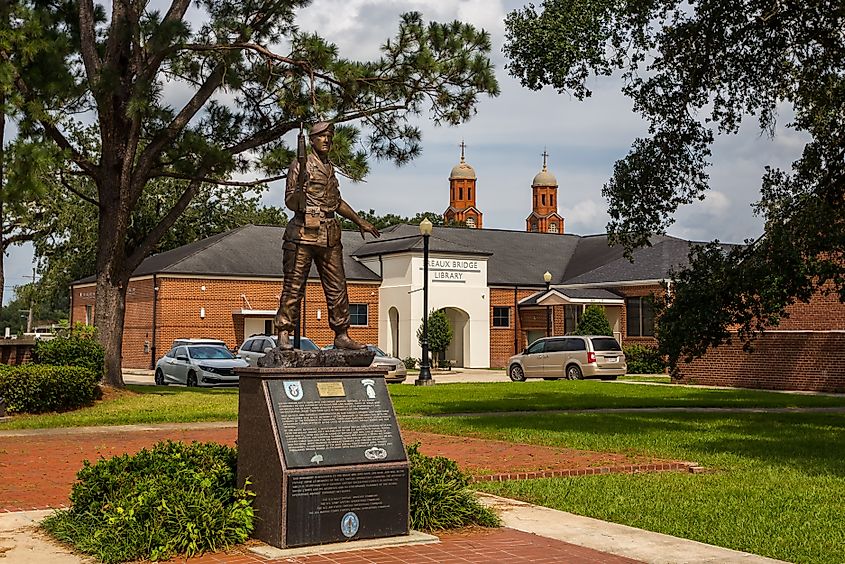
Breaux Bridge, a town of 7,500 in St. Martin Parish near the city of Lafayette, proudly proclaims itself as the “Crawfish Capital of the World.” It is said that crawfish first appeared on restaurant menus here and that Breaux Bridge is the birthplace of crawfish etouffee. The annual Breaux Bridge Crawfish Festival brings thousands of visitors to town each May, but there are plenty of reasons to visit, even if you are not a crawfish aficionado. For instance, Breaux Bridge is also famous for its lively music scene, particularly traditional Cajun and Zydeco musical styles. The walkable downtown is lined with shops and boutiques, and Bayou Teche offers boating, fishing, and sightseeing galore.
Grand Isle
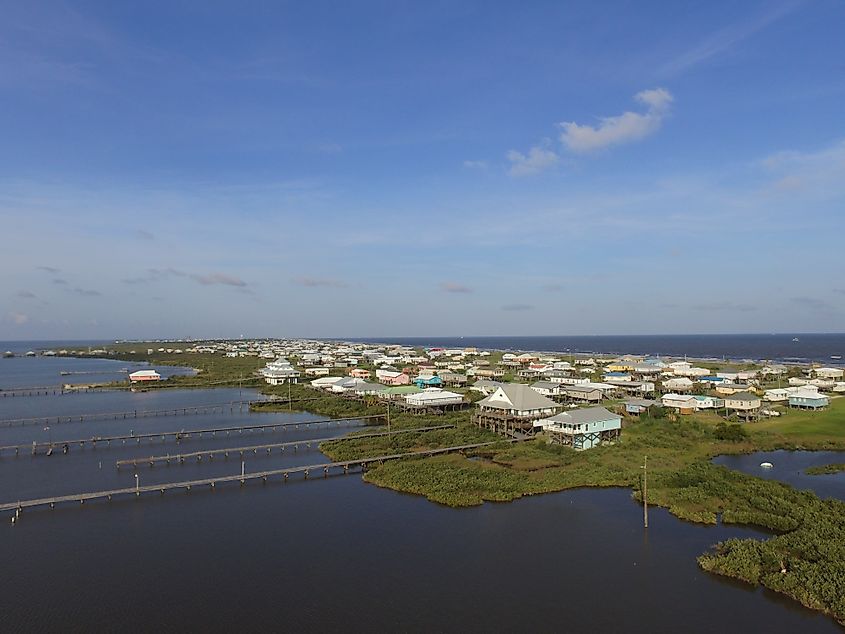
Grand Isle is the name of a Gulf Coast barrier island at the mouth of Barataria Bay as well as the town that sits on it—making it the only inhabited barrier island in the state. This exposed location means that Grand Isle gets pummeled by tropical storms and hurricanes, but the town and its 1,000 hardy residents rebuild and rejuvenate each time. So, while you will not see much historic architecture, you will find fine waterfront vacation homes and plenty of dining and shopping options. Grand Isle is renowned for its beautiful public beaches, as well as for being one of the best spots in Louisiana for birdwatching and butterfly-watching.
You are guaranteed to have a good time no matter where you visit in Louisiana—great music, fantastic food, welcoming locals, and natural wonders abound in every corner of the state. While no trip to Louisiana is complete without a stop in New Orleans, be sure to make time to get off the beaten path and explore some of the state’s many great small towns. Your own personal list of must-visit towns will grow with each return trip to the Pelican State!
